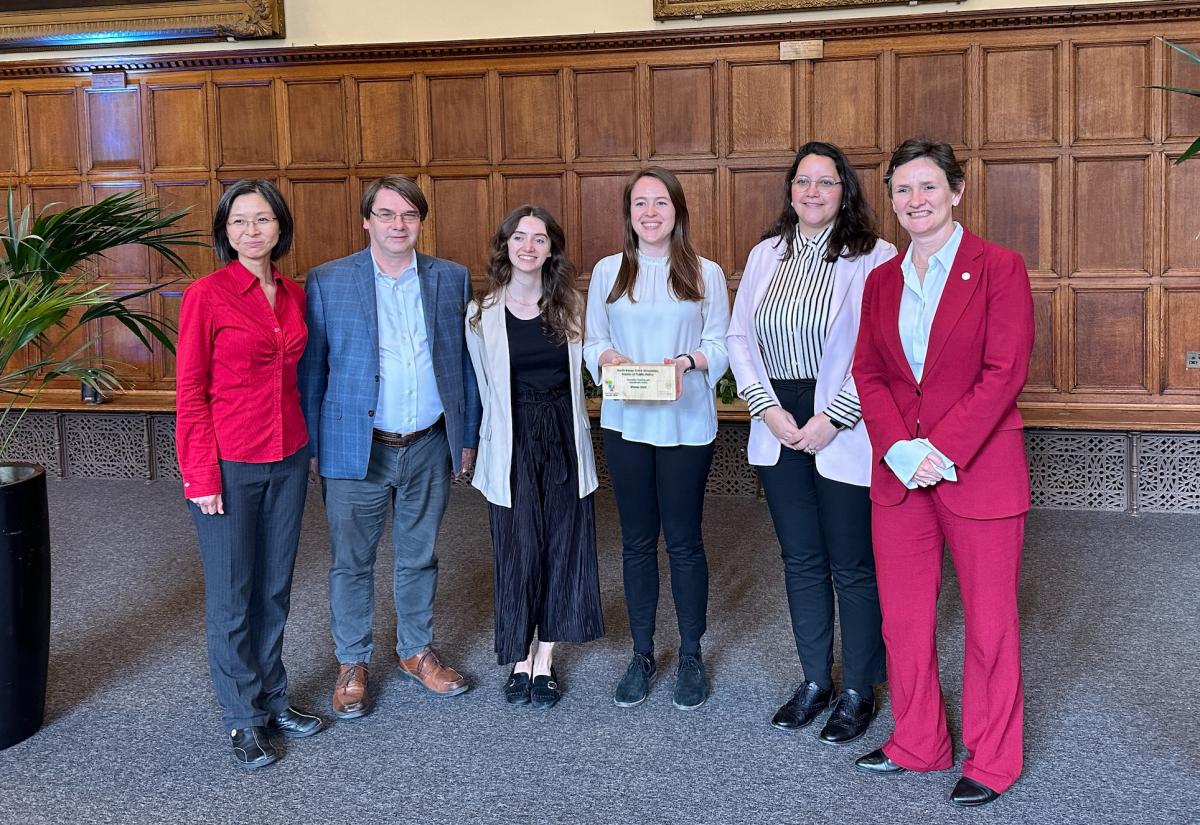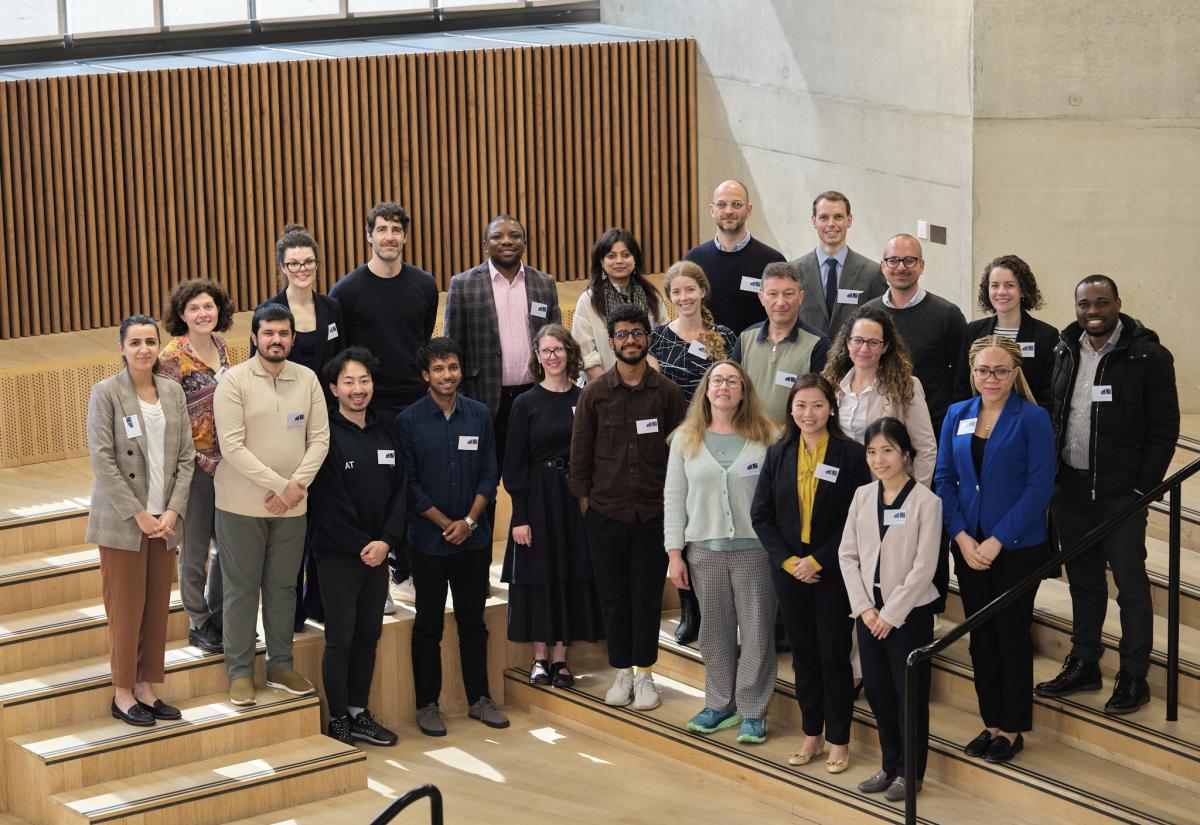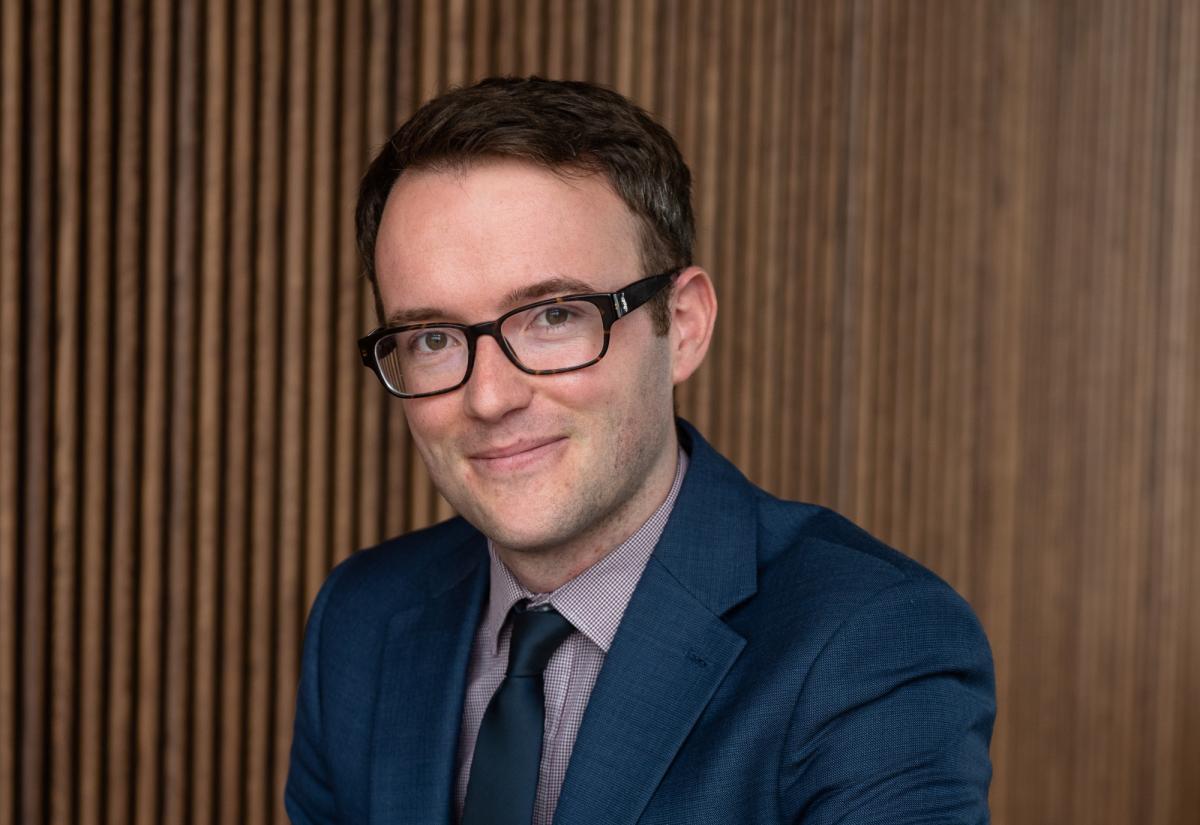
Materials looking at how coalitions have achieved education reforms are launched today, to help others take action towards ensuring all children learn reading, writing and basic maths – the foundations of learning.
The case studies, podcasts, discussion documents and more are made available as part of the South–South programme, part of the work of the wider Lemann Foundation Programme at the Blavatnik School. South–South supports education leaders from low- and middle-income countries to exchange evidence and practices on how to foster cross-sectoral coalitions and advance reforms.
Although there has been huge global progress in recent decades in getting more children into school across low- and middle-income countries, there are problems in how much they are learning while there, with many leaving without foundational skills like literacy and numeracy. Working with education leaders in Pakistan and Kenya, South–South has showcased how coalitions have previously been effective through an ‘immersion trip’ to Brazil, and supported the current coalitions to learn about – and enact – change that works.
The Global Public Goods Library shares free learning resources that will enrich conversations among educational leaders in low- and middle-income countries by recounting relevant stories and experiences relating to improving foundational learning. The hope is that this will inspire them to improve the quality of deliberation within education policy coalitions, and further clarify among themselves the reforms that would be most useful in their own contexts.
Each of these learning documents is accompanied by a podcast that introduces the topic, tugs at some of the key debates within it, and extends the discussion beyond the country that the document focuses on.
The Lemann Foundation Programme is a comparative research programme with an emphasis on Brazil, which generates and disseminates knowledge to improve the public sector and its associated institutions.



